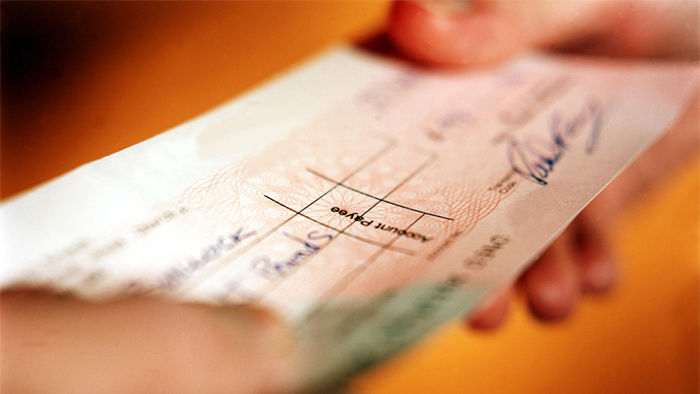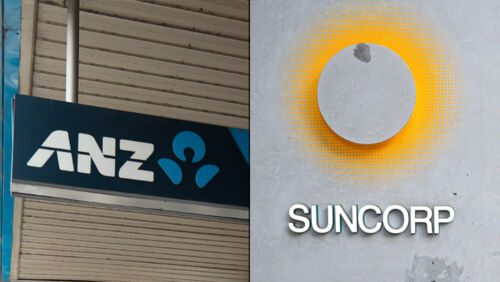Why does it take so long for cheques to clear?
By Effie Zahos
In 1999 banks needed a whole five days to clear a cheque. Today they need just three.
This of course applies only if you're depositing a local cheque. Bank a foreign cheque and, as Money reader Karen found, it takes as many as 24 working days to clear. In her case this also meant a loss of over $3000, thanks to a deteriorating exchange rate.
Karen and her mother had received an inheritance of 22,500 pounds each. Her mother deposited her cheque on Tuesday September 15, 2009 with Bendigo Bank while Karen deposited her cheque with her bank, Westpac, on Friday September 11, 2009.
Her mother's cheque was cleared in seven working days and $41,674 was deposited into her account. Karen didn't see her money until 24 working days later and, because the exchange rate with the English pound had dropped, she received only $38,649 - a difference of $3025.
Exchange rates are calculated on the day a foreign cheque is cleared.
"Each day I could see my inheritance diminishing rapidly," says Karen.
If the exchange rate had gone the other way, Karen may not have a gripe. But I'm more interested in why it takes so long to clear a foreign cheque and why a regional bank can clear the same cheque faster.
According to Karen's bank, it generally takes from 10 to 15 working days to clear a foreign cheque. But banks have no control over the time the overseas bank takes to return the proceeds.
"The cheque that Karen received was a personal cheque and the drawer was located in the United Kingdom," said a Westpac spokesperson. "Westpac had to send the cheque as a bill for collection to the overseas bank."
Cheques are still paper-based payment instruments. They must be physically presented to the institution on which they are drawn to make a demand for payment. Things can get even more complicated if your bank does not have a relationship with the drawer's bank.
In Karen's case, there could be a number of reasons why her cheque took longer to clear than her mum's.
The drawer's bank may have taken their time in getting back to her bank or a corresponding bank if Westpac had no relationship with them.
Or, Bendigo Bank's policy may allow them to cash large foreign cheques for their customers whereas Westpac may only cash small foreign cheques for its customers.
Add the fact that exchange rates change daily and rates can differ between banks on any given day and you begin to realise that depositing foreign cheques is not the best way of receiving a payment from overseas.
It's not really the answer I guess Karen wanted to hear. For the record, her bank did offer her $1000 as a goodwill gesture. Westpac says that making a commercial decision to avoid costly escalation of disputes is normal banking practice.
Karen took the matter further by contacting the Financial Ombudsman Service, which eventually confirmed her bank's view that they acted "properly in accordance with its own process".
Unfortunately for Karen, that $1000 compensation has been replaced by just $106 - the potential interest lost on her proceeds.
While there's not much more that can be done in terms of compensation, there's plenty of tips to be taken from Karen's story. First, if you are offered compensation from a bank, take time to consider it, especially if it's not very clear who is right or wrong.
As Westpac stated: "When the customer escalated the matter to the Financial Ombudsman Service, the commercial decision to pay $1000 was no longer justifiable."
You can speed up the clearance cycle for foreign cheques by asking the drawer of the cheque to forward the funds via telegraphic transfer. Funds are then usually received within 48 hours.
Karen says: "Westpac said I should have done an electronic transfer, which is nice to know after the event and probably would have been helpful to have known at the time. Unfortunately the little old ladies in England didn't know about that either."
Get stories like this in our newsletters.



